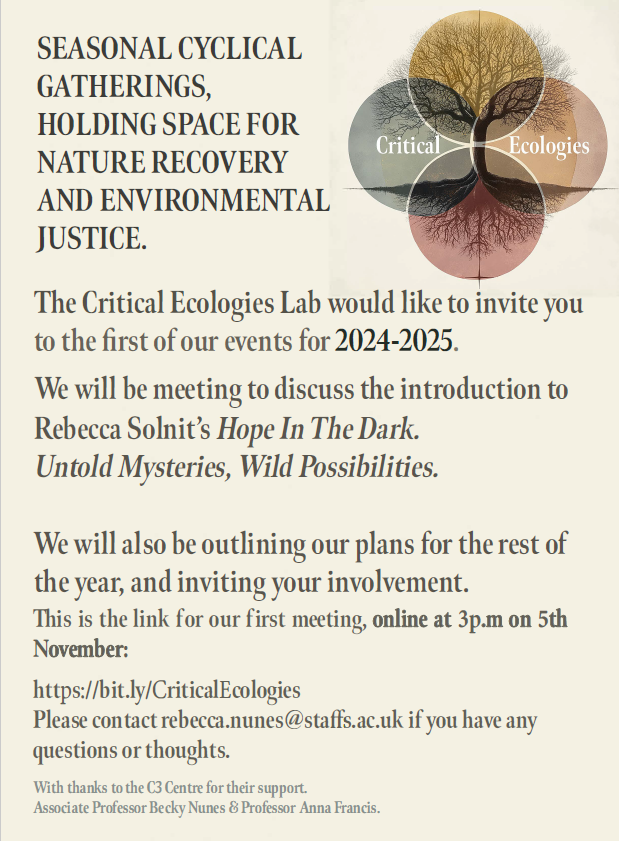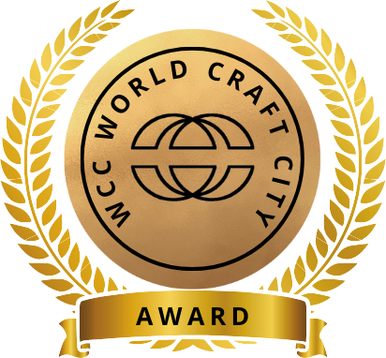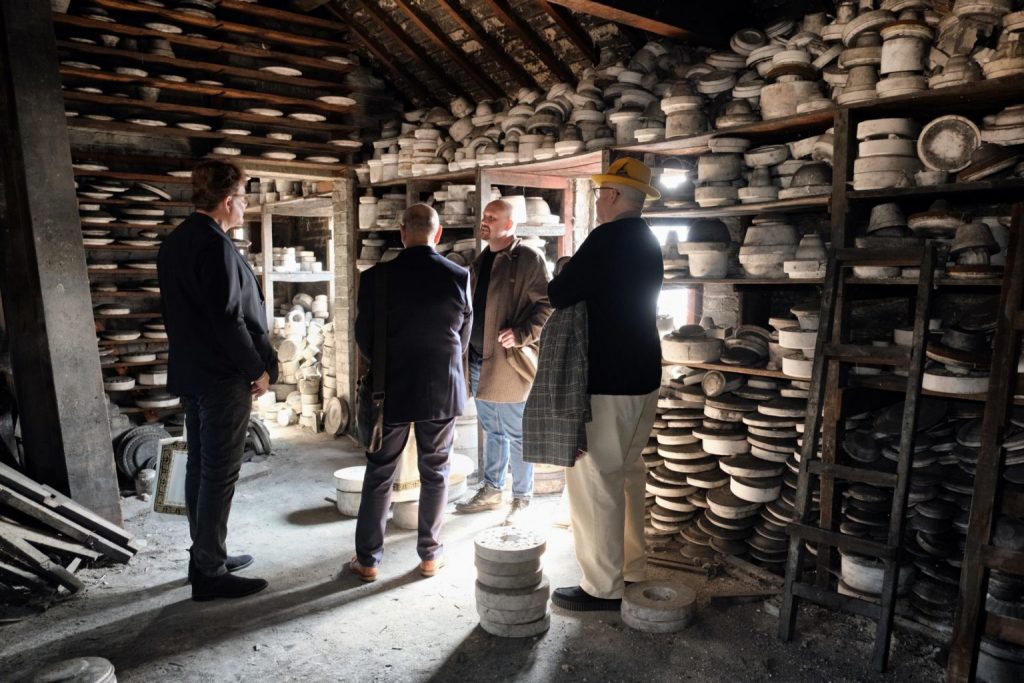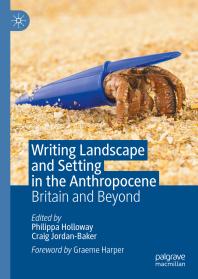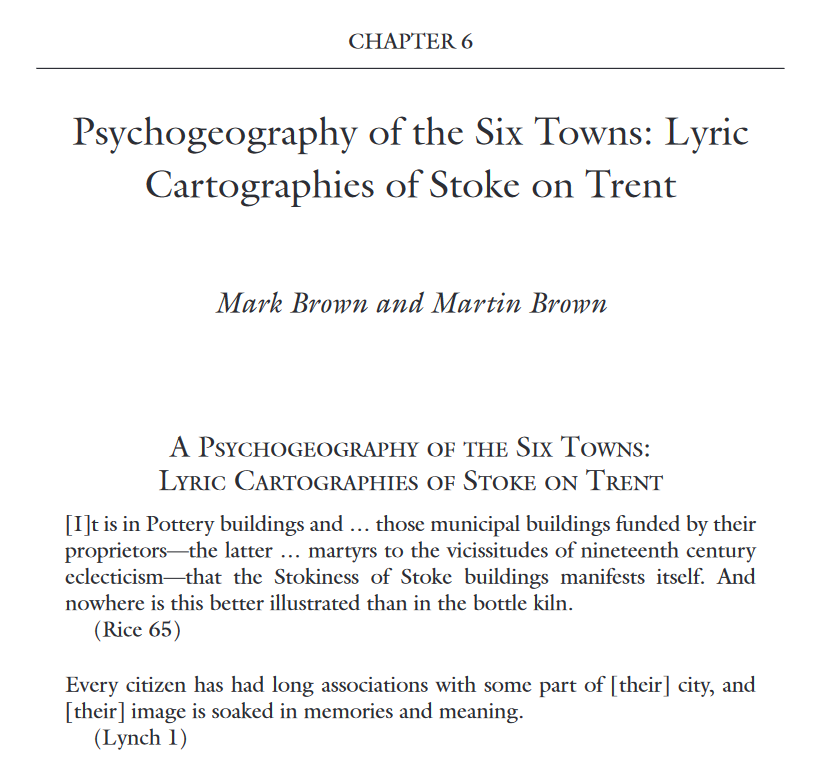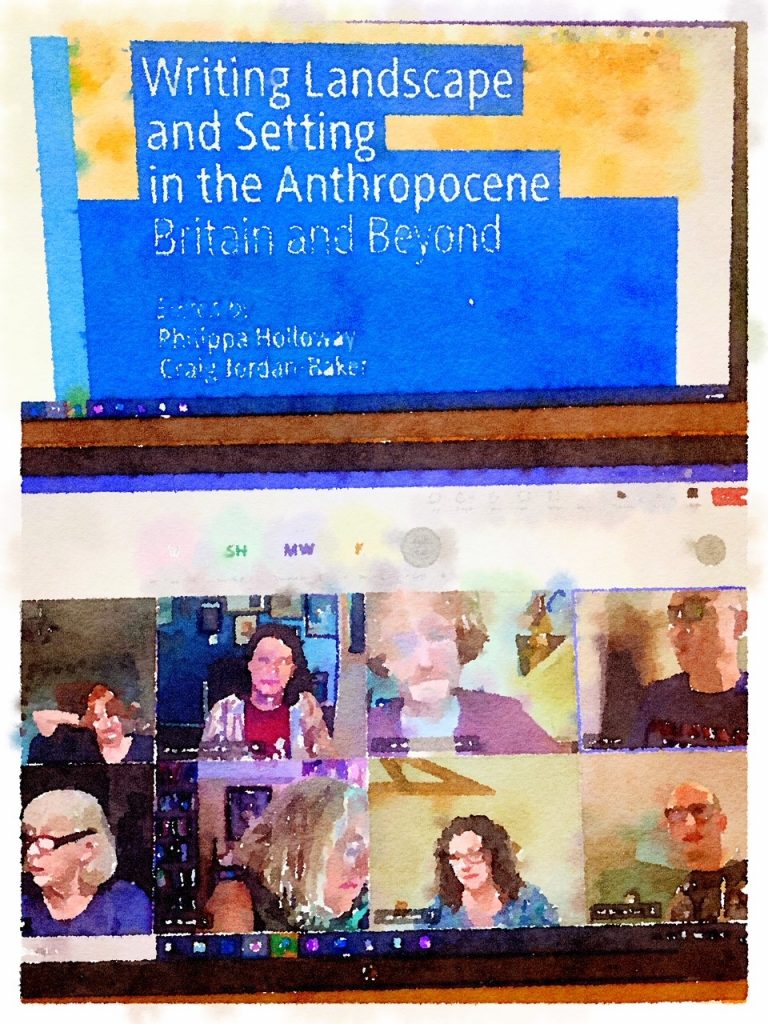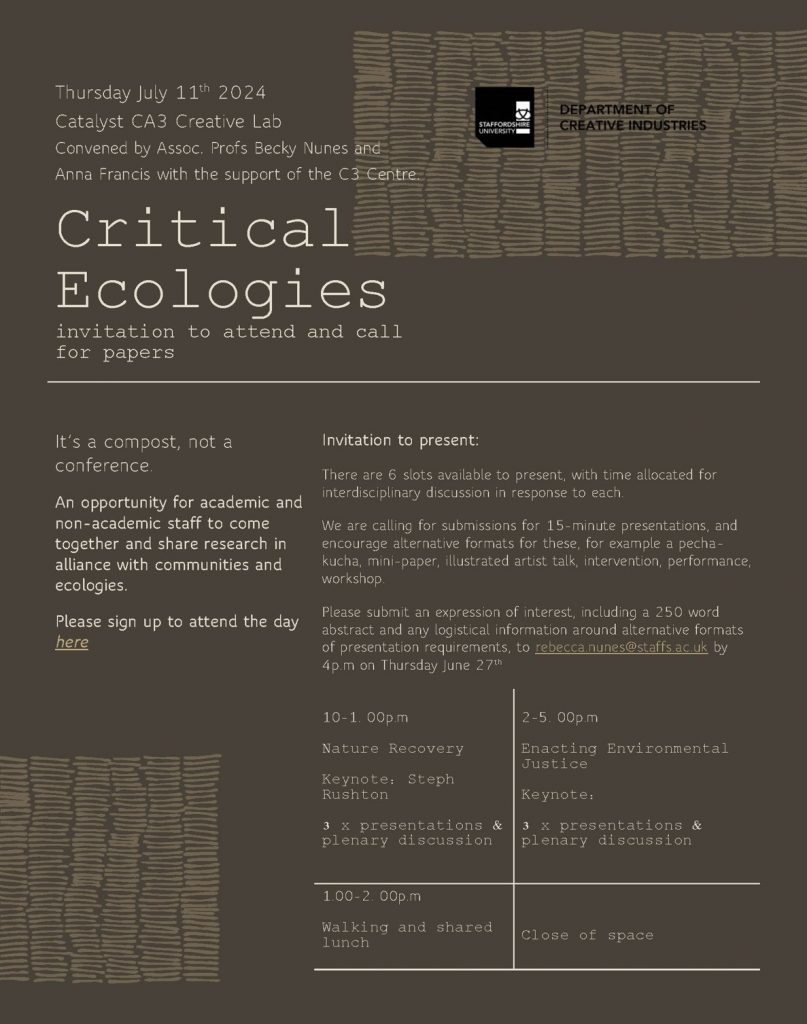- When: 27th March 2025
- Where: Online
- Registration: Please contact Patrick O’Connor if you would like an invite to the meeting.
You are invited to Staffordshire Philosophy’s research seminar series. This time we will be speaking with Prof. Katherine Withy who teaches Philosophy at Georgetown University.
Paper: The World of the Kitchen
Abstract: When Heidegger introduces the notions of world and being-in-the-world in Being and Time, he speaks of the carpenter’s workshop.1 The carpenter’s workshop is both part of a world—namely, the world of a tradesperson in early 20th Century Germany—and a model for what it is to be in a world at all. As a model, the carpenter’s workshop has profoundly influenced how Heidegger’s concepts of world and being-in-the-world were developed and how they have been given uptake. You can hardly take two steps into Heidegger scholarship without running into a carpenter and their hammer. Using this example as a model for being-in-the-world makes certain features of us and the worlds we inhabit salient while obscuring others. Some of what this model obscures is crucial to the phenomenon of being-in-the-world, and it is made perspicuous by a different model. I want to suggest that a better model for being-in-the-world is being in the world of the kitchen.
Please contact Patrick O’Connor if you would like an invite to the meeting or if you are having trouble accessing the paper






